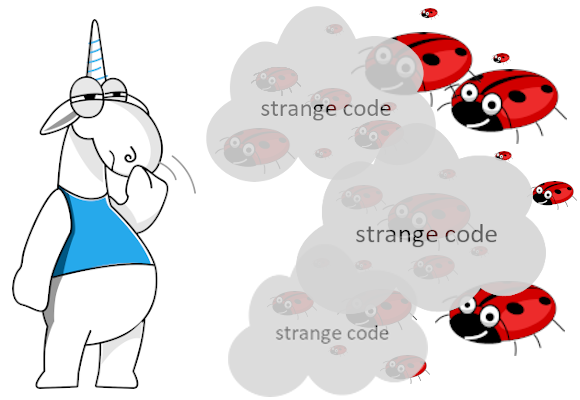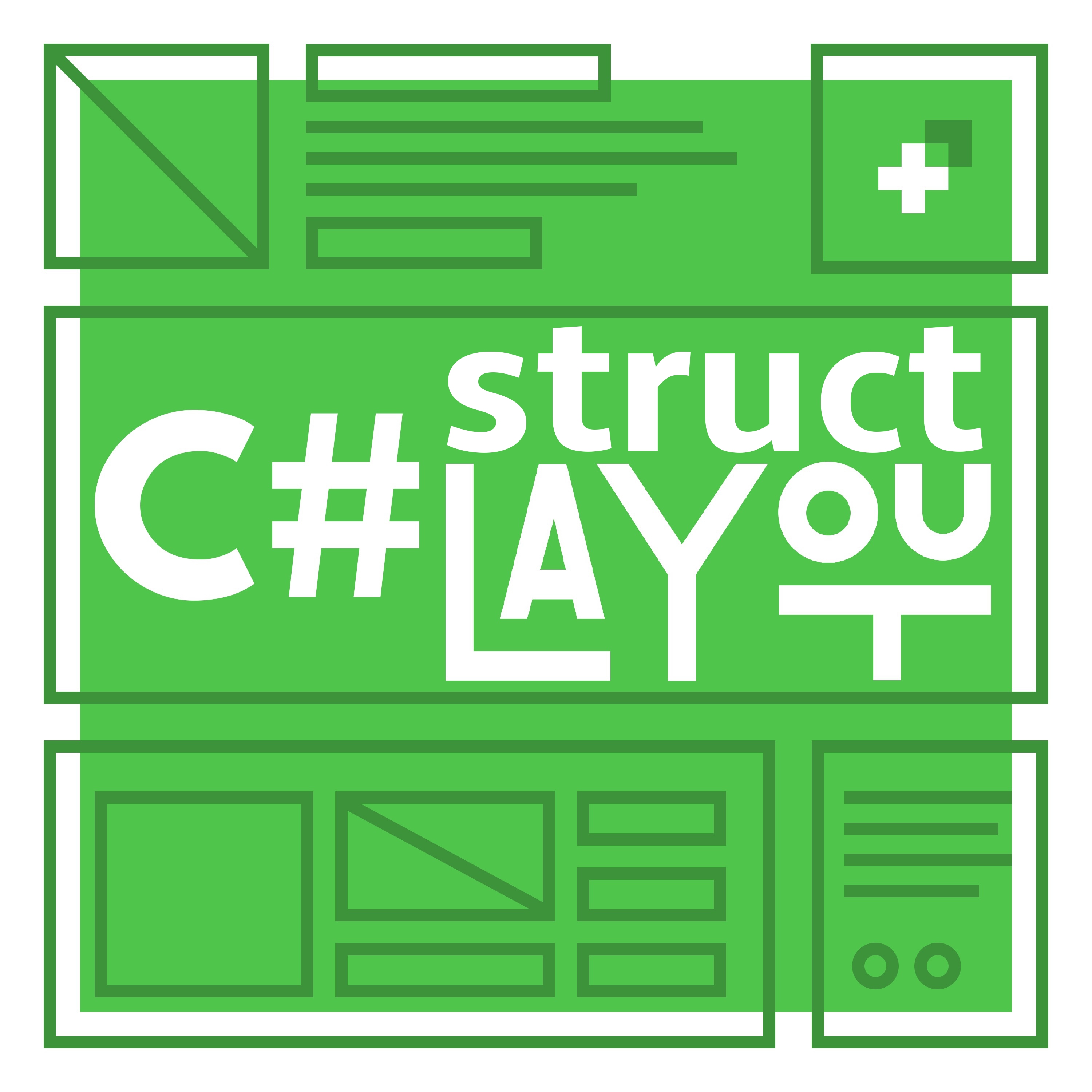How does strange code hide errors? TensorFlow.NET Analysis
15 min

Static analysis is an extremely useful tool for any developer, as it helps to find in time not only errors, but also suspicious and strange code fragments that may cause bewilderment of programmers who will have to work with it in the future. This idea will be demonstrated by the analysis of the TensorFlow.NET open C# project, developed for working with the popular TensorFlow machine learning library.


